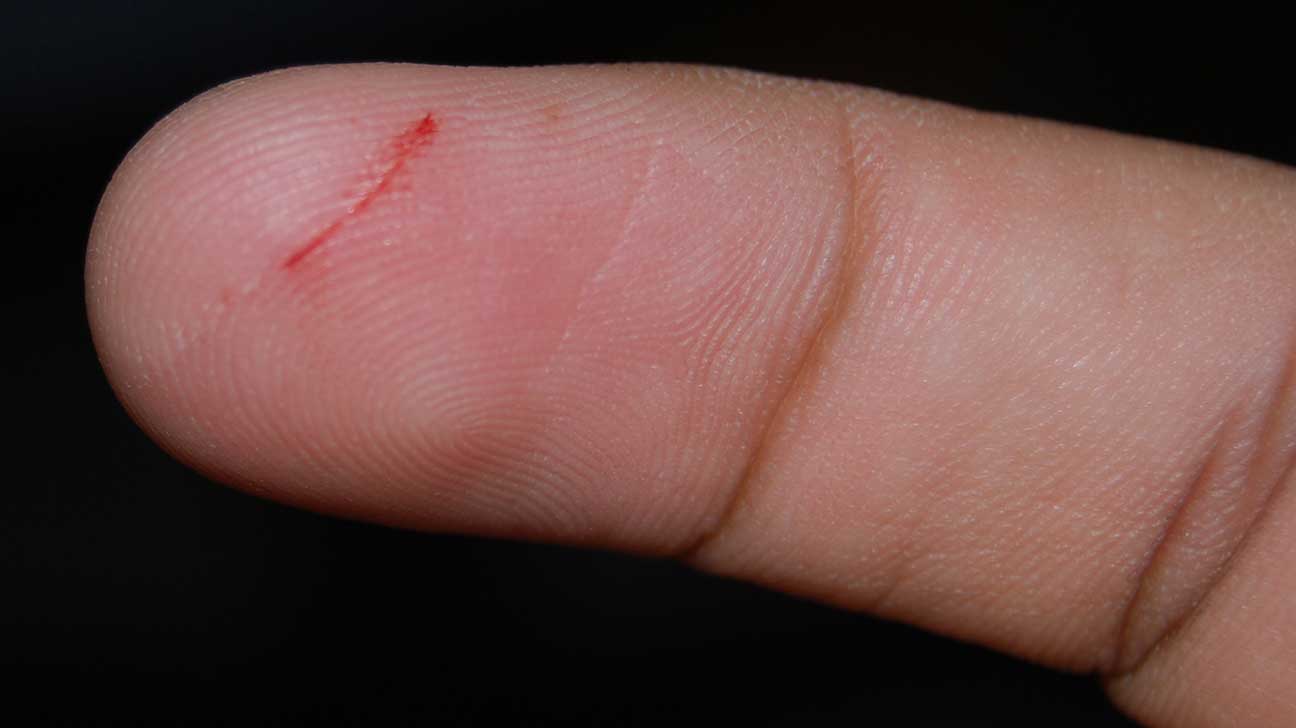Wound infections are a very common problem, and can be difficult to treat. In this article, we’ll discuss the types of wound infections, what you can do to prevent them, and how to treat them if they occur. We hope this will help you protect your health and reduce the chance of infection!
Types of Wound Infections
There are many types of wound infections, and each can have different symptoms. Some common types of wound infections include: cellulitis, a bacterial skin infection; staphylococcal infection, a bacteria that can cause fever, rash, nausea, and vomiting; and sepsis, an infection that can lead to organ failure. If you experience any of these symptoms after a wound has healed, be sure to see your doctor for diagnosis and treatment.
Symptoms of a Wound Infection
A wound infection is an infection that occurs when bacteria, viruses or fungi get into a cut or scrape on the skin. These microorganisms can cause pain, redness, swelling and pus.
If left untreated, a wound infection can lead to sepsis, a serious condition in which the body’s organs fail. Septic shock is a potentially fatal complication of sepsis.
The most common causes of wound infections are cuts and scrapes from accidents or surgery, but they can also be caused by contact with contaminated dirt, water or feces. Unsavory occupations such as garbage collector and pet groomer are also at risk for acquiring wound infections.
Wound infections are treatable with antibiotics if caught in time. If left untreated, a wound infection can lead to sepsis, a serious condition in which the body’s organs fail. Septic shock is a potentially fatal complication of sepsis.
If you experience any of the following symptoms of a wound infection, seek medical attention: persistent fever; redness; swelling; pain; drainage from the wound; foul odor; unusual texture or color to the skin around the wound.
How to Treat a Wound Infection
If you have a wound, it’s important to take care of it. A wound can become infected if the surrounding area is moist and cold, or if there is dirt, debris, or other material in the wound. Infection can also occur if a foreign object enters the wound.
There are several things you can do to prevent or treat a wound infection. Here are four tips:
1. Keep the wound clean and dry. Clean the wound with soap and water, then dry it off. Don’t use harsh chemicals or cleaning solutions on the wound. If you have to use an antibiotic ointment or bandage, make sure it is applied only to the area around the wound, not to the skin itself.
2. Cover the wound with a sterile adhesive bandage or an antibiotic ointment. Apply the bandage or ointment as directed by your doctor or health care provider. Make sure that the bandage is tight enough so that water cannot get into the wound, but not so tight that it causes pain or restricts movement. Change the adhesive bandage every two to four hours, as directed by your doctor or health care provider.
Prevention of Wound Infections
Prevention of wound infection is one of the most important things you can do to protect yourself from getting an infection. Here are some tips to help keep you safe:
1. Keep your wound clean and dry – Make sure to clean the wound thoroughly with soap and water as soon as it occurs, and keep it dry to reduce the risk of infection. If you can’t clean the wound immediately, try to cover it with a sterile adhesive bandage or wrap.
2. Wash your hands often – Washing your hands regularly helps prevent the spread of bacteria and infection. Be sure to use soap and water, not just warm water, when washing your hands. Hot environments increase the chance of infection.
3. Avoid contact with blood – If contact with blood occurs, carefully wash the area with soap and water and then seek medical attention. Do not attempt to clean or dress the wound yourself. Cleaning up blood may increase the risk of infection.
4. Maintain good oral hygiene – Keeping your teeth clean can help reduce the risk of getting an infection in your mouth. Brush and floss regularly, avoid drinking from spilled beverages, and avoid eating food that has been
